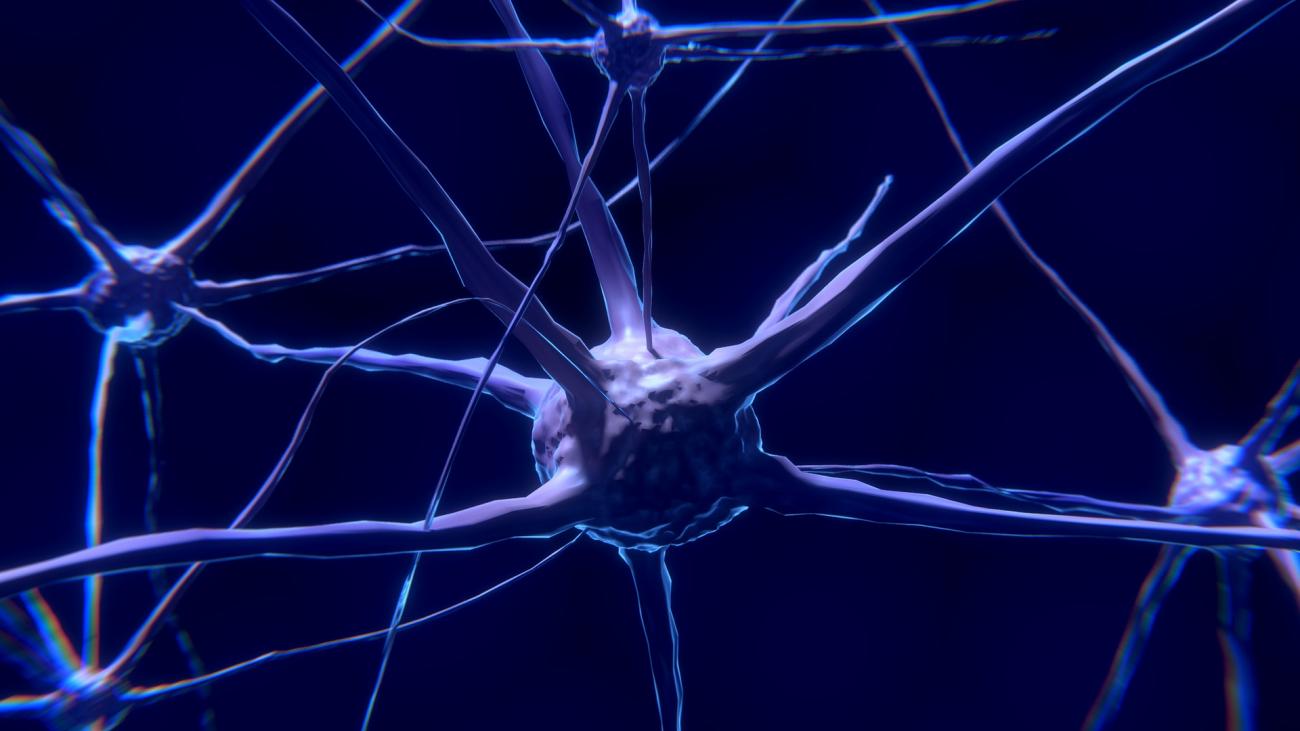|
FACULTY INTERESTED IN TAKING STUDENTS IN FALL 2026 |
|
Neural processing of speech across the lifespan |
The integration of multidimensional information in cortical networks, learning, and memory |
The mechanisms of brain injury and recovery in pediatric cardiac arrest |
|
How the cells and circuits in the retina are built during development |
The interaction of language, cognitive, and social development in children |
How brain circuits are shaped by experience and how these circuits are disrupted in neurodevelopmental disorders |
|
Brain mechanisms that underlie individual differences in cognitive and affective processing |
Identifying genes and neurons that regulate social behaviors |
How the output of a neural circuit reflects the behaviors of the individual synapses and neurons that compose it |
|
Developing larger theories of system-level function in the visual and other sensory systems |
Perceptual, linguistic, and developmental factors affecting speech perception in children with hearing loss |
How exercise and physical activity affect human brain function and mental health |
|
Speech representation and statistical learning |
Behavioral and neurobiological interplay among language, memory, and cognitive control |
Understanding brain function and cognitive mechanisms by analyzing and modeling spatiotemporal dynamics in the brain |
|
Neurobiological mechanisms linking socioeconomic adversity and protective factors to youth socioemotional development |
Interactions between cognition and emotion/motivation in the human brain |
Understanding the neural correlates of human cognitive function using intracranial recordings captured during epilepsy surgery and deep brain stimulation surgery |
|
Brain processes underlying human motor behavior |
Developing and analyzing neuromechanistic models to account for the dynamics of neuronal systems |
|
|
How brains of people with cochlear implants process sounds and understand speech |
How children's early experiences influence their neural, cognitive, and academic |
PHILOSOPHY
The graduate advisor is a mentor for all aspects of the scientific and professional education of the student. This implies frequent, substantive interaction with the student. The student is expected, through his/her scholarship, to contribute to the mission of the advisor's laboratory, research group, and department. However, the philosophy of the NACS program is that the advisor serves the student, not vice versa.
ADVISOR REQUIREMENTS
The advisor must be a Full Member of the Graduate Faculty at the University of Maryland, College Park and a NACS faculty member. Students who want to conduct research with a NACS adjunct faculty member will have co-advisors: The adjunct faculty member acts as the research advisor and the UMD faculty member acts as academic advisor.
FINDING AN ADVISOR
Only applicants in whom faculty members have expressed interest in will be considered for admission. Applicants should contact faculty with whom they would like to work prior to submitting their applications. It is best to send a relatively short email (2-3 paragraphs) to the faculty member whose research interests fit with yours. In the email describe your research interests, background, and goals, and attach your resume. It is fine to ask if the faculty member is taking new students in the coming year (not all faculty take students every year). Initiating steps to network and build collaborative professional relationships is part of being a scientist.
Additional information about the mentor can be found in the NACS Graduate Handbook.



